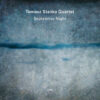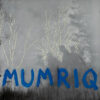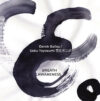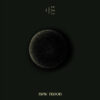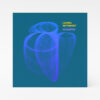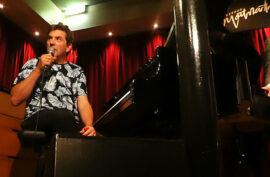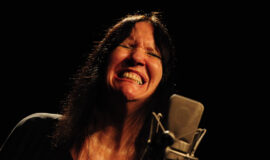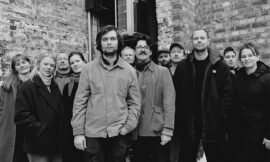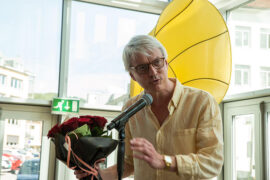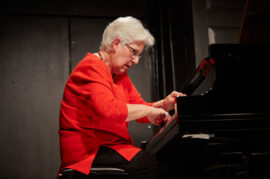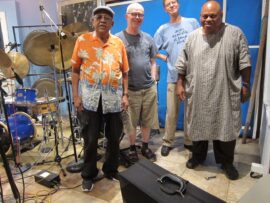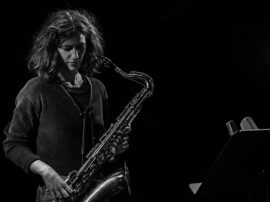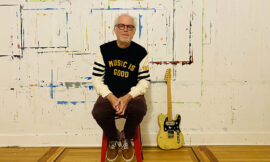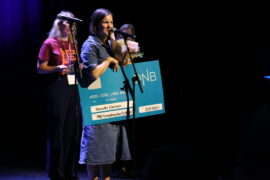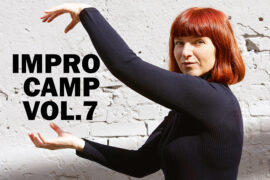
German, Berlin-based reeds player-multi-instrumentalist-composer Gebhard Ullmann celebrated last November his 65th birthday, an age that may draw reflections about one’s life but Ullman sees its as an opportunity to strike out in new directions, searching relentlessly to discover new sounds, new territories and new forms. The new, sixth album of The Clarinet Trio – Ullman on bass clarinet, Jürgen Kupke on Bb clarinet and Michel Thieke on alto clarinet and Bb clarinet, Transformations and Further Passages, does both.
Transformations and Further Passages offers a German Real Book, as Wolfram Knauer (the director of Darmstadt Jazzinstitut) notes in his liner notes. Ullman, Thieke and Kupke selected pieces from the repertoire of German post-war jazz of the 1950s and 1960s- penned by such pioneering and seminal jazz musicians and composers like Albert Mangeldorff, Jutta Hipp, Joki Freund, Manfred Schoof, Karl Berger, Ernst Ludwig Petrowsky, and the brothers Joachim und Rolf Kühn, and adapted them, as jazz musicians do all over the world. Later on, Ullman found out that he now lives only three doors down from the house where Blue Note founder Alfred Lion lived before his emigration.
But Transformations and Further Passages is by no means a nostalgic trip. The album was recorded at Radio Berlin Brandenburg Broadcast Hall in Berlin in January 2021, a space known for its legendary acoustics. A perfect space for The Clarinet Trio who employs the acoustic qualities of the hall almost as a fourth member of the trio, and enjoy its distinct voices rolling over each other – literally. The nuanced, layered voices explore hidden nuances in the iconic, historic pieces, juggle with thematic motifs, transform them into fresh, modern ones, and make them their own. Always with a commanding sense of playfulness, humor, invention and elegance.
The cover of Mangelsdorff’s «Tension/Varié» suggests how Mangelsdorff freed himself from the African-American role models through individual and collective improvisation. His iconic «Set ‘em Up» emphasizes the polyphonic interplay of The Clarinet Trio and his «Theme from Vietnam» allows The Clarinet Trio to explore its touching beauty. Schoof’s «Virtue» highlights the gently resonating voices of the three clarinets, playing as a choral choir. Berger’s rhythmic, groove energy of «Get Up – From Now On» is adapted by The Clarinet Trio. Rolf Kühn’s «Don’t Run» is influenced by Ornette Coleman’s improvisation strategies, beautifully arranged by The Clarinet Trio. «If it’s good music, it’s good music, and we can find a way to build upon it» Ullman concludes, and Knauer adds that jazz is trans-national music, enabling and encouraging such sonic journeys.
Eyal Hareuveni
Jürgen Kupke (Bb cl), Michael Thieke (alto cl, cl), Gebhard Ullmann (bcl)


